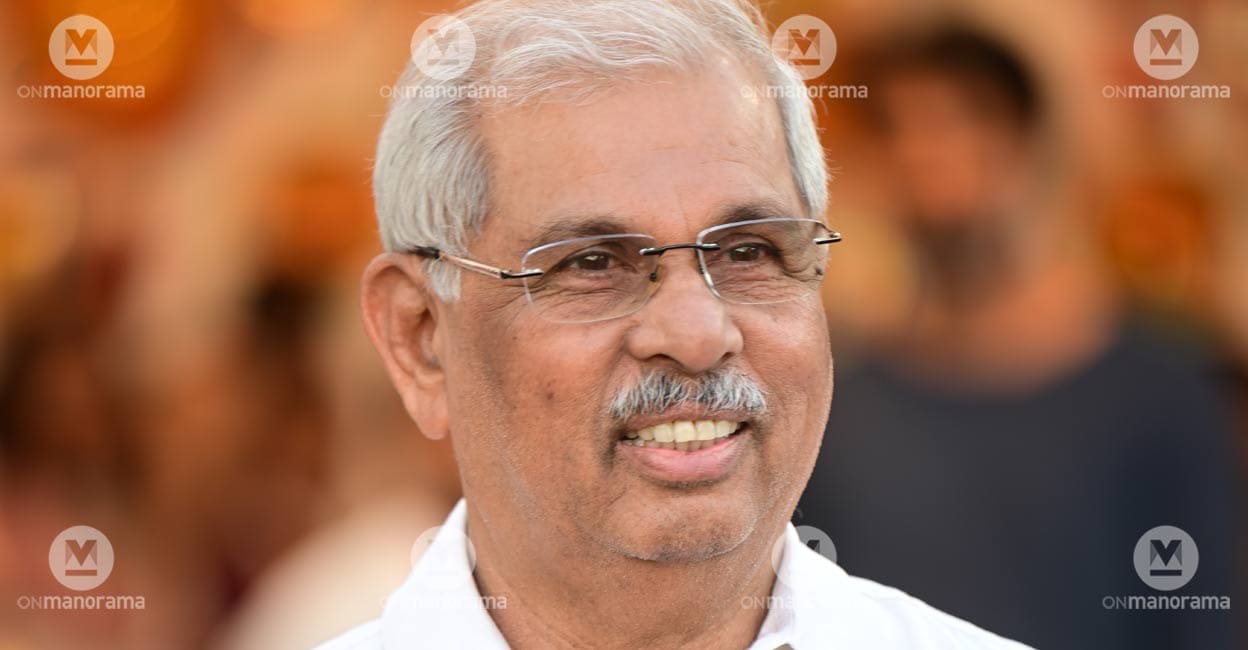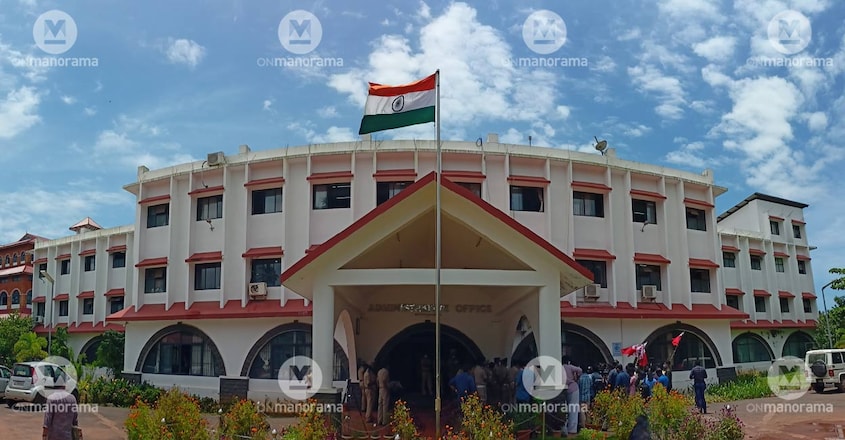Governor flouts Kannur University statute, nominates 10 deans from outside, triggers row

Mail This Article
Kannur: Even as a prolonged power struggle between the state government and the Governor over control of state-funded universities has left 11 of Kerala’s 13 universities without full-time vice-chancellors for months -- some even for years -- the newly appointed Governor Rajendra Vishwanath Arlekar has stirred fresh controversy by nominating 10 deans to Kannur University. All of them are from outside the university, in direct violation of its statutes.
Of the 10 deans, six are from institutions funded by the Union government; four of the 10 are from outside Kerala.
According to Kannur University's First Statute, framed by the state government in 1998, deans shall be appointed by the Chancellor in consultation with the Vice-Chancellor from among the professors of university departments.
The same statute defines 'university departments' as those set up for study, research, or specific purposes, and funded by the Kannur University.
On Monday, Kannur University Syndicate passed a resolution demanding the withdrawal of the dean list brought out by the Raj Bhavan on Saturday.
Syndicate member Anish K P said Vice-Chancellor in-charge Prof K K Saju expressed dissent at the meeting, stating that he had recommended a few names from within the university, but Governor Arlekar did not consider them. Yet, three deans are from CUSAT, the parent institute of the ad hoc Vice-Chancellor.
"Beyond the statutory violation, the Governor's list of deans also sends out a misleading message that Kannur University has no qualified professors fit to serve as deans," said Dr Anish, a Left leader and faculty member in the Department of Management Studies.

The UDF Senators' Forum, which first flagged the statutory violation in the Governor’s nominations, has written to Governor Arlekar urging him to withdraw the list and make fresh appointments by following the university’s Act and Statutes. "If the list is not withdrawn, we will take legal recourse," said Dr Shino P Jose, convenor of the UDF Senators' Forum.
When contacted, Minister for Higher Education R Bindu said she was currently occupied with Thrissur Pooram arrangements and would respond to the matter later.
On Saturday, the Raj Bhavan sent a missive to Vice-Chancellor in-charge Prof K K Saju, saying the following experts were nominated as deans of 10 schools or faculties in the university:
- Prof P Rameshan of IIM-Kozhikode as Dean of the Faculty of Humanities.
- Prof Manu of the Central University of Kerala’s Hindi Department as Dean of the Faculty of Language & Literature.
- Prof Shivarama Rao K of the Central University of Himachal Pradesh as Dean of the Faculty of Social Science.
- Prof T V Manikandan of the University of Delhi as Dean of the Faculty of Fine Arts.
- Prof Sreekala Edannur of Pondicherry University as Dean of the Faculty of Education.
- Prof Sathish Gowda N of University Law College, Bangalore University, as Dean of the Faculty of Law.
- G Kishore, Principal of Lakshmibai National College of Physical Education under the Sports Authority of India, Thiruvananthapuram, as Dean of Faculty of Sports Science & Physical Education.
- Prof K Girish Kumar of CUSAT as Dean of the Faculty of Science.
- Prof M Bhasi of CUSAT as Dean of the Faculty of Commerce.
- Prof Santhosh Kumar M B of CUSAT as Dean of the Faculty of Technology.
The Governor’s nomination of deans not only violates the university statutes but also disrupts its smooth functioning, especially since most of the appointees are from outside the state, said R S Sasikumar, education law expert and chairman of the whistleblower group, Save University Campaign Committee.
According to the Kannur University Act, each faculty or school must have a dean nominated by the Chancellor, in consultation with the Vice-Chancellor, by rotation -- "from among the heads of university departments, professors, or persons of outstanding expertise". Since UGC regulations permit associate professors to head departments, deans can also be selected from among associate professors, as long as they serve as Heads of Departments. "The mention of 'experts' eligible to become deans is vague, as the Act doesn’t explicitly state that they can be from outside the university. But even if there's any ambiguity, the First Statute -- framed by the same government -- clearly states that deans must be chosen from among the professors of the university departments," said Sasikumar.

Why deans matter
According to the university's Act and Statutes, deans are ex-officio members of selection committees for recruiting professors, and associate professors in their respective schools; deans are members of the powerful Academic Council; at least five deans are members of the Standing Committee of the Academic Council; grants-in-aid to students are made in consultation with the deans concerned. Deans also must preside over the meetings of their schools/ faculties and present their recommendations to the Academic Council. "They also have specific responsibilities at every stage of a PhD scholar’s journey -- from registration to thesis submission," said Dr Anish.
Kannur University has 11 schools or faculties. The Chancellor did not appoint a dean to the School of Journalism, as the current dean’s term has not yet ended.
In the previous term, deans for the Schools of Humanities, Language & Literature, Social Science, Physical Education and Sports, and Fine Arts were all appointed from within the university. "In three schools, Kannur University doesn’t have regular professors, so the Vice-Chancellor may recommend external experts. But there’s no justification for appointing all deans from outside," said Dr Anish. "Whenever deans have been brought in from outside, it has adversely affected the functioning of the school,” he said.
Acts and Statutes in other universities
Like in Kannur University, the Act and Statute of Mahatma Gandhi University also clearly state that deans must be selected from among the heads of university departments or professors. Only in cases where a school or faculty has no departments of its own can the Chancellor, in consultation with the Vice-Chancellor, nominate a dean from outside. Even then, the choice must be limited to heads of departments or professors from other universities within Kerala, or from affiliated government colleges offering professional courses within the university's jurisdiction.
The Acts and Statutes of the University of Calicut and the University of Kerala do not impose such restrictions on the Chancellor and Vice-Chancellor in appointing deans. "But in our university, all but one of the deans are from within," said a professor at the University of Calicut. "What has happened in Kannur is a clear violation of the statute," he said.


